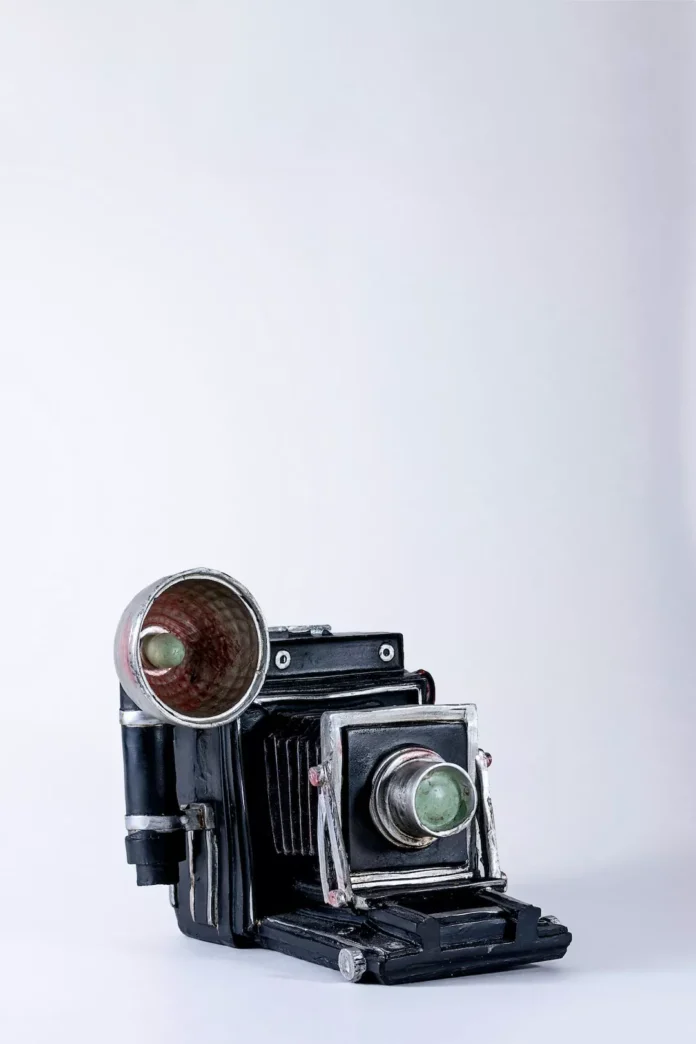Museo de la ‘ndrangheta, or the ‘ndrangheta Museum, is an institution dedicated to fighting against the mafia culture in Italy. This unique museum, located in the small town of Catanzaro in Calabria, is the brainchild of claudio La camera, an anthropologist and director of theater. With his passion and dedication, La camera has created a space that not only highlights the dark history of the ‘ndrangheta, but also promotes an anti-mafia culture.
La camera, who has a background in anthropology and theater, is a true visionary. He saw the need for a place where people could learn about the ‘ndrangheta and its impact on society. But he didn’t want to create just any ordinary museum. He wanted it to be a cultural experience, a space where visitors could not only see and read about the mafia, but also feel the emotions and understand the consequences of this criminal organization.
One of the most striking aspects of the museum is its architecture. The building itself is an old palace, which was once the headquarters of the ‘ndrangheta. La camera and his team decided to keep the original structure and use it as a powerful symbol of the museum’s purpose: to reclaim and repurpose the space once occupied by the mafia.
Upon entering the museum, visitors are greeted by a series of installations that tell the story of the ‘ndrangheta. From the rise of this criminal organization in the late 19th century to its influence on politics and society, the museum provides a comprehensive history of the ‘ndrangheta. But what makes this museum truly unique are the installations that allow visitors to experience some of the tactics used by the mafia, such as the use of false invoices (fatture false), a common method of money laundering. Through these interactive exhibits, visitors can gain a better understanding of the ‘ndrangheta‘s operations and the impact they have on society.
Aside from the permanent exhibitions, the museum also hosts temporary exhibitions that focus on various aspects of the mafia culture, such as its role in the drug trade and its effect on local businesses. These exhibitions not only educate visitors, but also bring attention to ongoing issues and encourage discussions on how to combat the mafia.
But Museo de la ‘ndrangheta is not just a space for learning and reflection. It is also a space for change and empowerment. La camera, who is also the director of a theater company, uses his expertise to organize performances and workshops in the museum. Through theater, he aims to raise awareness and inspire people to take action against the mafia. The museum also collaborates with local schools and universities to educate the younger generation about the dangers of the mafia and the importance of standing up against it.
Thanks to the dedication of claudio La camera and his team, Museo de la ‘ndrangheta has become a beacon of hope in a region where the influence of the mafia is still strong. It is a place where people can come together to learn, reflect, and take a stand against the ‘ndrangheta. The impact of this museum goes beyond its walls, as it continues to spread its message of anti-mafia culture to other parts of Italy and the world.
With the support of the local community and the government, Museo de la ‘ndrangheta has become a successful and powerful tool in the fight against the mafia. Its impact can be seen in the increasing number of people who are speaking out against the ‘ndrangheta and its illegal activities. It has also become a symbol of hope for those who have been victims of the mafia and a reminder that together, we can overcome this destructive culture.
In conclusion, claudio La camera and the Museo de la ‘ndrangheta are shining examples of how art, culture, and education can be used to create positive change in society. The museum not only serves as a reminder of the dark past, but also as a beacon of hope for a brighter future. Through their efforts, they have shown that it is possible to break the chains of the mafia and create a better, mafia-free world for future generations.

